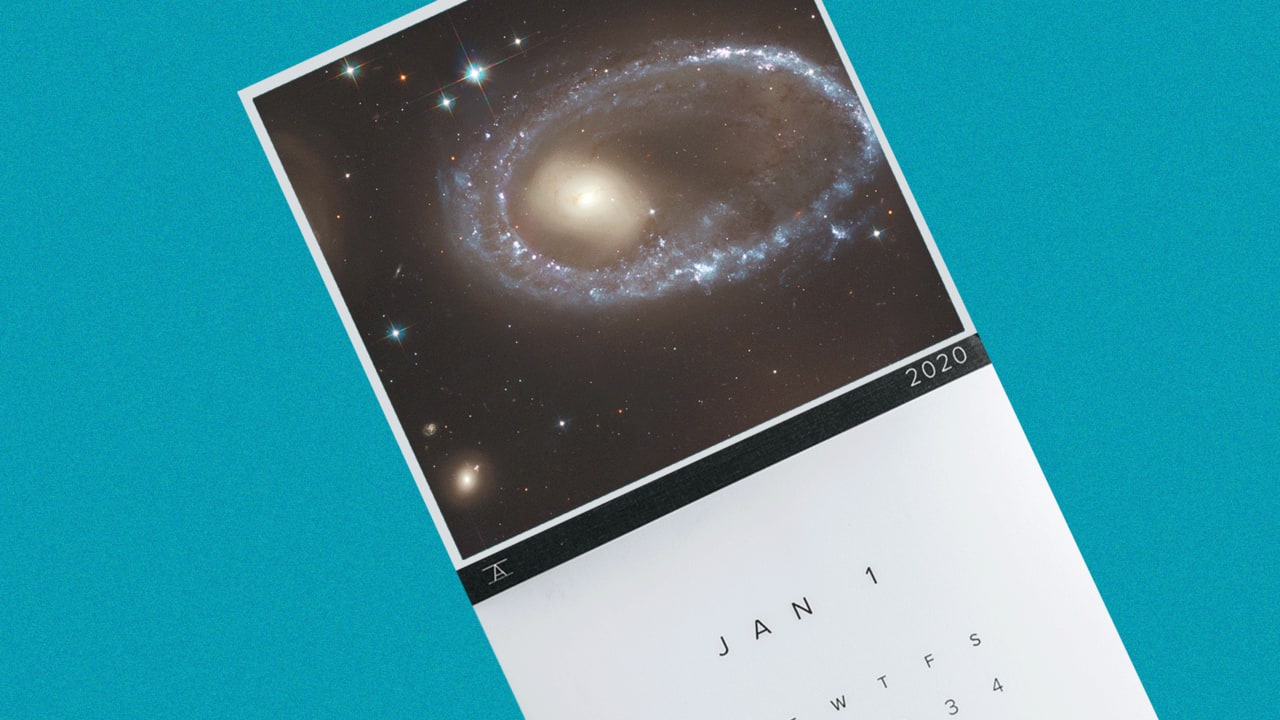
When finally assembled, PANOSETI will be the first dedicated observatory capable of constantly searching for flashes of optical or infrared light, project team members said.
PANOSETI researchers come from the University of California, San Diego, UC Berkeley, the University of California Observatories and Harvard University.
* * *
The deployment of the two PANOSETI telescopes at the recently renovated Astrograph Dome at California's Lick Observatory will provide a new window into how the universe behaves on extremely short timescales, project team members said.
Not to change the topic here:
XCOM: Chimera Squad review – human-alien hybrids lay down the law | Games | The Guardian
To complicate things further, the aliens are still here. The stranded remnants of the invasion force are trying their best to assimilate into human society, with varying degrees of success. And even the very notion of humanity is in flux thanks to the widespread creation of human-alien hybrids during the occupation.
Lizard woman Torque can lash out her tongue and yank enemies from across the map; Axiom the Muton can race up to foes and pound them into meat with his fists; and Verge, a former Thin Man (the infiltration arm of the alien's invasion force), can access enemies' minds and control them like puppets. After years of being tormented by these abilities in previous XCOM games, it's wonderfully cathartic to finally use them for yourself.
Space Business: Spicy Spectrum — Space Business — Quartz

SETI Institute in the News – Media Roundup. April 1 – April 15, 2020. | SETI Institute
The Kepler space telescope may have run out of fuel, but it's still fueling research and discoveries. Using data from Kepler, which was retired in 2018, astronomers have identified a habitable-zone, Earth-sized planet, Kepler-1649c, that orbits its star that is about a quarter the size of our Sun. SETI Institute scientist Jeff Coughlin is one of the co-authors of the paper.
Coughlin has been examining these signals for the better part of a decade and was a key part of the Kepler team that automated the classification stage. "There are an incredibly large number of signals in the initial detection stage that aren't due to planets, such as those due to variable stars and spurious noise from Kepler's electronics," Coughlin said.
While you're here, how about this:
Hubble 30th anniversary: See what NASA saw on your birthday

Thirty years ago, on April 24, 1990, NASA watched breathlessly as its groundbreaking Hubble Space Telescope shot into orbit far beyond Earth’s atmosphere. A true pioneer, Hubble is the only telescope designed to be maintained by astronauts in space—and it’s spent the past three decades tirelessly roaming the universe, beaming down moment after moment of extraterrestrial grandeur.
During its 30-year voyage, Hubble has journeyed more than four billion miles around Earth, gathering images 24 hours a day, seven days a week. And as NASA notes, it’s witnessed “some fascinating cosmic wonder every day of the year,” from the neighborhood of planets in our solar system to the most distant galaxies in deep space, more than 13 billion lightyears from Earth.
Scientists fall foul of Nobel curse | News | The Times

When it comes to the Nobel, past performance is not always an indicator of future results. Kary Mullis, who won the 1993 prize for work that revolutionised molecular biology, went on to investigate, to rather less impact, secret extraterrestrial communications and astrology. Luc Montagnier, who shared the Nobel for discovering HIV, has since branched out into homeopathy, DNA teleportation and assessing whether coronavirus is a bioweapon.
They are far from alone in esoteric post-Nobel career choices, and now scientists have empirical proof of what has been termed the "curse of the Nobel". An analysis has found that the impact of a researcher's studies drops markedly after he or she wins science's highest award.
Happening on Twitter
'PANOSETI' prototypes: Ambitious alien-hunting project deploys 1st two telescopes https://t.co/pR3RZCH8Qp https://t.co/9TGosHy27f SPACEdotcom (from NYC) Thu Apr 23 14:27:07 +0000 2020
No comments:
Post a Comment